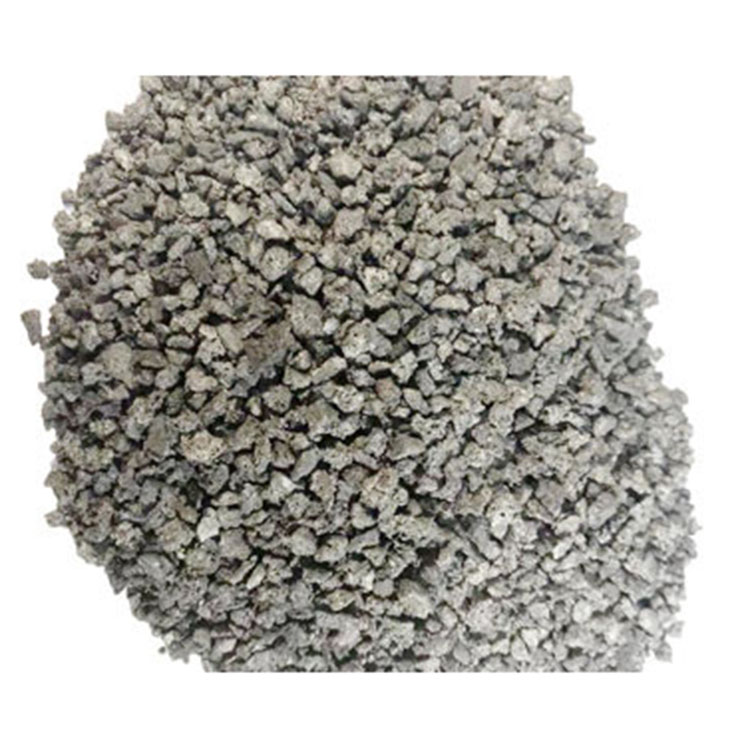Hotline
+86-15286985260

Coke Fuel is the carbon produced by heating bituminous coal to 950-1050 degrees Celsius under the condition of isolating air, and undergoing drying, pyrolysis, bonding, solidification, and shrinkage stages. The coke obtained through high-temperature coking is used for blast furnace smelting, casting, and gasification. The recovered and purified coke oven gas produced during coking is not only a high calorific value fuel, but also an important organic synthesis industrial raw material. Coke is mainly used in blast furnace ironmaking and blast furnace smelting of non ferrous metals such as copper and lead, serving as a reducing agent, heating agent, and column skeleton.
The use of coke instead of charcoal in ironmaking blast furnaces has laid the foundation for the large-scale development of modern blast furnaces and is a major milestone in the history of metallurgy. In order to achieve better technical and economic indicators for blast furnace operation, smelting coke (metallurgical coke) must have appropriate chemical and physical properties, including thermal properties during the smelting process. In addition to being widely used in ironmaking and nonferrous metal smelting (metallurgical coke), coke is also used in industries such as casting, chemical engineering, calcium carbide, and ferroalloy.
Coke is generally divided into metallurgical coke (including blast furnace coke, foundry coke, ferroalloy coke, etc.), gasification coke, and carbide coke according to their uses. A new type of coke made from pulverized coal formed under pressure and subjected to post processing such as carbonization is called formed coke.
Metallurgical coke is a general term for blast furnace coke, foundry coke, ferroalloy coke, and nonferrous metal smelting coke. Since more than 90% of metallurgical coke is used for blast furnace ironmaking, blast furnace coke is often referred to as metallurgical coke.
The company has strong financial strength, complete production processes and equipment, and a complete quality assurance system. The product quality is stable and reliable, and it is mainly sold to Japan, South Korea, Taiwan, Vietnam, South America, Europe, and other countries and regions to maintain long-term cooperative relations.